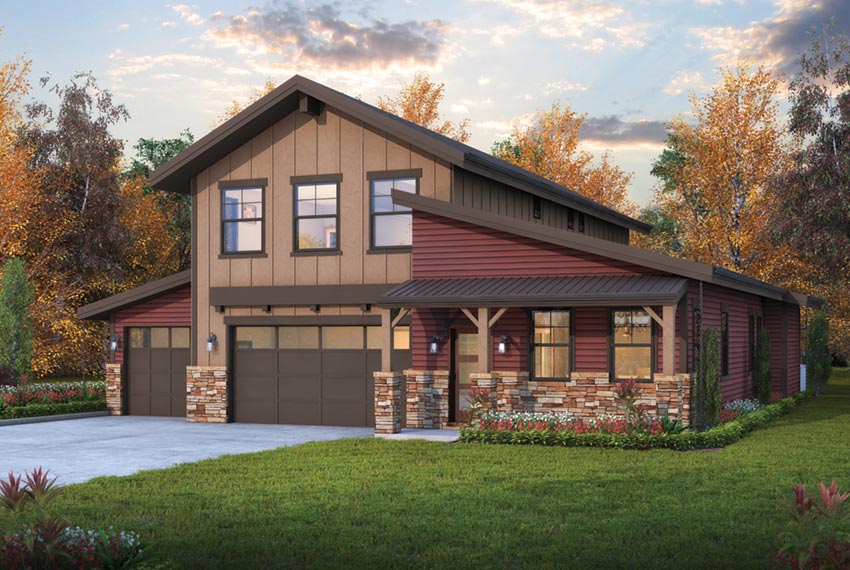
5 Financial Errors to Avoid For New Home Builders
It goes without saying that building a home is a major financial commitment — likely the biggest you’ll ever make. If you’re deciding to pursue the route of new home builders then you’ll want to do your research before you start the home design process. Consequently, you’ll want to go into the process prepared to make sound decisions about this investment. But building a home doesn’t have to be intimidating. As long as you’re aware of some of the more common financial errors people make, you’ll be able to avoid them and will ultimately be thrilled with your new home and the equity you are starting to build.
Important Financial Tips for New Homeowners
As you get ready to build your first home, keep these tips in mind to ensure that you are making the right decisions from a financial perspective:
Choose your builder wisely.
The first step in safeguarding the investment you’re about to make is to be sure you’re working with reputable, trustworthy new home builders that are known for producing quality homes and communities. Sometimes in a rush to get into a home, with a desire to save a few dollars, people elect to go with a particular builder without first looking into their background. Then delays, poor workmanship, and other issues end up costing them extra in the long run.
Keep resale value in mind.
It may feel a little strange to be thinking about selling a house that isn’t even built yet, but it’s important that you do. Even if you don’t intend to ever sell your house, life often throws us curveballs that change our plans. You want to look at every aspect of your home — size, location, finishes, etc. — with an eye for how those factors will play into your ability to sell your home for the highest possible price down the road. A realtor can provide insight on what will make a house marketable to potential buyers.
Consider upkeep costs.
While deciding to become new home builders, you may be upgrading from a smaller house or an apartment. If that’s the case, it can be tempting to build a home that’s much larger than you need, figuring your family will “grow into it.” Unfortunately, many people who choose to “go big” find that they now have more space than they need and a home that is very expensive to maintain. You can always add on to a home later, and that tends to be more fun than being stuck trying to downsize.
Stay involved as the house is built.
Some people like the idea of signing a contract on a new home, and then not going back to the lot again until construction is complete. However, this can lead to expensive delays if there was any miscommunication early on, and corrections to the construction must be made before you can move in. This is your home. You are fully entitled — and encouraged, actually — to check in regularly on how construction is progressing and express any concerns you have to the builder as soon as they come to mind.
Find the middle ground in mortgage and upgrades. Regardless of what you qualify for, you don’t want to get a mortgage that you’re going to struggle to keep up with. That said, you don’t want to go “bare bones” simply to save money. Ideally you want to find that middle ground where you have the upgrades that will make you happy with your new home (and that will have a positive impact on resale value), but without breaking the bank.
Helping New Homeowners Build Their Perfect Place
With some research and forethought, there’s every reason to believe that the financial aspects of building your new home will fall right into line. If you’ve got questions about the recommendations above, or about our company and the communities we build, we’re happy to help. Give us a call at 970-284-3200 to learn about our process for new home builders.


